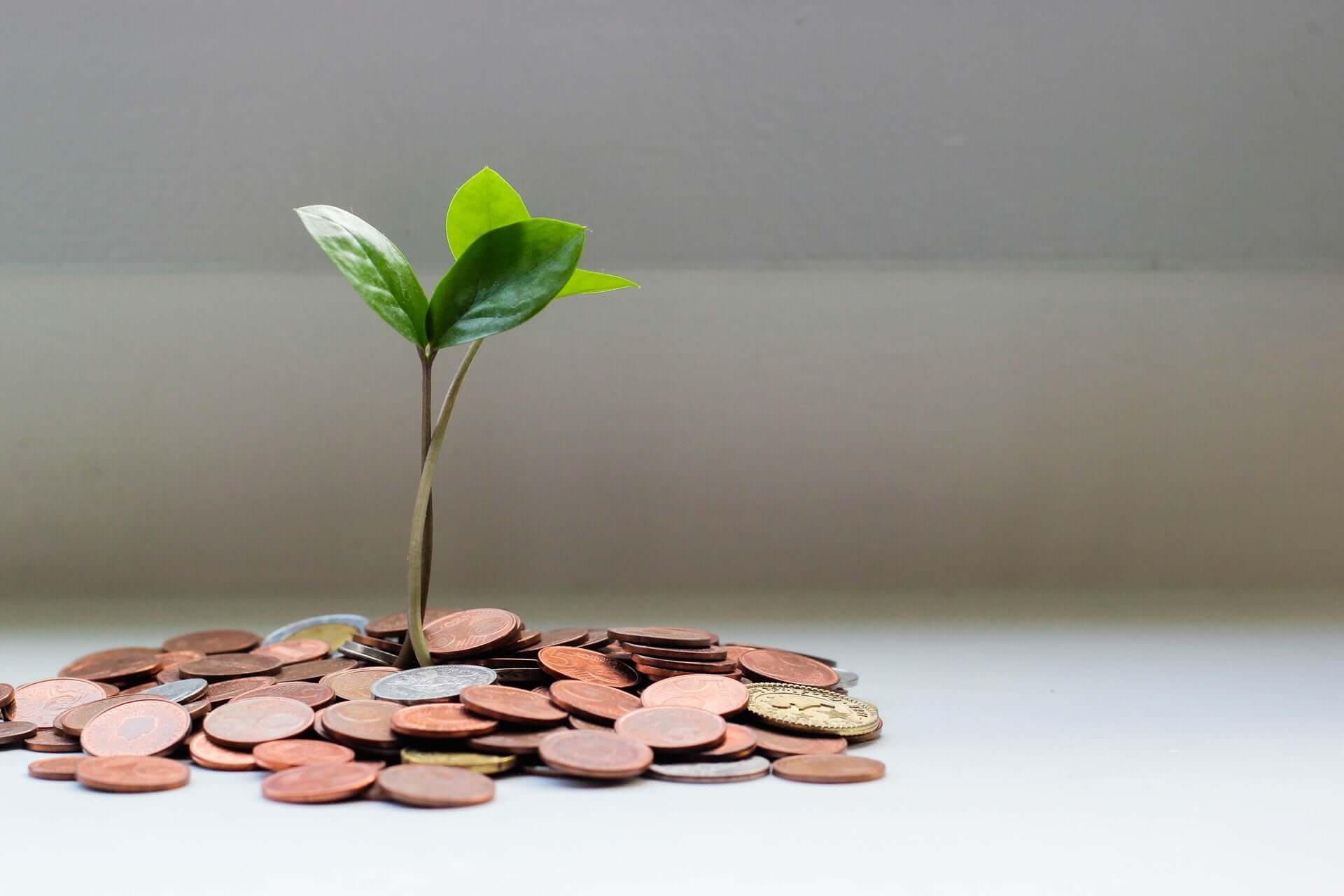
Inhaltsverzeichnis
How you can save money using minimalism
Minimalism = less possessions = less spending? Yes and no. In most cases, the equation isn't quite that simple. Those who want to save money can approach it on many different levels. The principles of a minimalist lifestyle simplify things.
Money is, as we all know, a tricky business. Everyone deals with it differently and has a unique starting point. Therefore, not all of the points may apply to you or be specifically applicable to you. So just take what works for you from this post. I hope some of these tips will be helpful. ☺️
1. Don't go shopping when you're stressed or emotionally upset.
Shopping can be a welcome distraction—especially when you're not feeling your best. And for a brief moment, you think it's helping. But that's precisely where the problem lies: the short-term nature of this "therapy." Buying things to feel better is ultimately ineffective. It's a short-term solution to numb the feelings you don't want to feel. After a few hours, or at the latest, a day or two, you're back to square one and feel the same as before.
Especially if you're already prone to impulse purchases, this can be quite expensive...
So, you should find other ways to deal with negative emotions like sadness, fear, or anger. Directly confronting your emotions is, in most cases, the most productive thing you can do. However, you're not always in the mood to sit down and meditate, journal, or confide in someone. In such situations, occupational therapy can help. But instead of going shopping, maybe take a walk, meet up with friends, or watch a movie that cheers you up. Do a workout, take a bath, or listen to an audiobook. Think about things you can do that cost little or no money and that ultimately really do your soul good.
2. Don't go shopping just out of boredom.
A similar, but equally important point—and I confess to this too: How often have I gone into town because I felt like I had nothing better to do. "I'm just going to see what's going on; what's new..." And I ended up coming home with full bags. I also usually met up with my friends in town, especially when I was younger, because "there was nothing else to do." Of course, as a teenager, you don't have that much foresight, which is why I think the whole thing is less reprehensible than for adults. But still: Especially when you're in a mall, it's hard to avoid spending money. Online shopping can also quickly get out of hand if you're just clicking through the internet from the couch out of boredom.
But what do you do when you're bored? Instead of just bouncing off into Netflix or social media, there are a lot more things you can do besides shopping. If you'd like to keep yourself busy at home, you could read a book, start a free online course, write in your journal, get creative (paint, sing, make music), or explore topics that inspire you. If you'd like to go out, it's worth Googling free activities in your city beforehand.There is always something to do that doesn't require spending any money!

Photo by Becca McHaffie on Unsplash
3. Sleep on it, especially if the item you want costs more than 100 euros.
The "100 euros" is just a guideline for this tip. You can, of course, adjust the value to suit your needs and habits. But setting this mental limit has saved my wallet several times. Taking time to think about a potential purchase is good. It means you don't feel pressured and can think more rationally about why you want to buy something and whether you even need it.
Even when I was little and wanted to spend all my pocket money on a toy (my 20 euros saved felt like 2,000 euros), my mother advised me to sleep on it. You probably know that feeling: You wake up the next morning and suddenly know what's going on. Whether the item is really worth it or if you just bought it on impulse. Sometimes it even happens that I completely forget about the item after a day or two... So it can't have been that important after all.
So take your time with purchases that cost a little more money and sleep on it.
4. Take advantage of aspects of minimalism.
Minimalism isn't necessarily about owning as little as possible or not buying anything new. Likewise, there isn't just "minimalist" or "non-minimalist." Rather, minimalism is a spectrum. For example, you might live a minimalist lifestyle in some areas of your life and not have even considered it in others. That's perfectly fine. After all, we're all on our own journey.
An important principle of the minimalist lifestyle is to ask yourself whether you really needsAnd that's something we can always use when making purchasing decisions. That's why this one is one of my favorite tips.
Because when it comes to saving money, it's also about questioning yourself. Reflecting on purchasing decisions and analyzing your own consumer behavior. This can help us shop with more intention and planning. Make conscious decisions. Think more deeply about what you're actually buying. View things not just as objects, but in terms of their functionality and purpose.
So the next time you're faced with a purchase decision, ask yourself: Do I need this, or do I just want it? What added value can this item/piece of clothing/product provide me? Will I use the product multiple times or let it gather dust in my closet after using it once?
If you would like to delve deeper into the various aspects of minimalism, I can recommend the following blog posts:
- 5 things you should know about minimalism
- Benefits of Minimalism – Why You Gain More Than You Lose
- 5 minimalism habits you can start today!
- How sustainability and minimalism fit together
5. Go shopping with intention and a list.
This point follows from the previous one. If I think about what I want to buy, when, and where in advance, I'm much more likely to save money than if I just go out and look for it on the spot. Of course, you can't always plan all your purchases precisely. Nevertheless, how prepared we are can make a big difference, especially for our wallets.
You've probably experienced this before: You're in the supermarket without a plan or a list. You end up with all sorts of groceries and products in your shopping cart that you didn't actually intend to buy. You're also much more prone to impulse purchases without a list. Freshly bought vegetables go bad because you haven't thought about how to prepare and consume them. This not only wastes money, but also valuable resources.
So before you go shopping, it's worth thinking about what you already own or what you still have enough of at home and investing a few minutes to write a shopping list.
Two other practical precautions you can take:
- Make it a habit to pay with cash when you're out and about instead of with a card. While contactless and card payments are becoming increasingly popular and convenient, it's not right for everyone. If you tend to make impulse purchases, try paying with cash when you're out and about. Many people find this helps them keep track of their spending and spend less overall. A booklet or list where you record what you've spent can also help you track your habits in the long run and save money.
- Never go grocery shopping when you're hungry. Another thing we all know, right? There's not much more to add... 😉
If you would like to learn more about sustainability, mindfulness or healthy eating, take a look here over.

Photo by Christian Dubovan on Unsplash



























Leave a comment
This site is protected by hCaptcha and the hCaptcha Privacy Policy and Terms of Service apply.